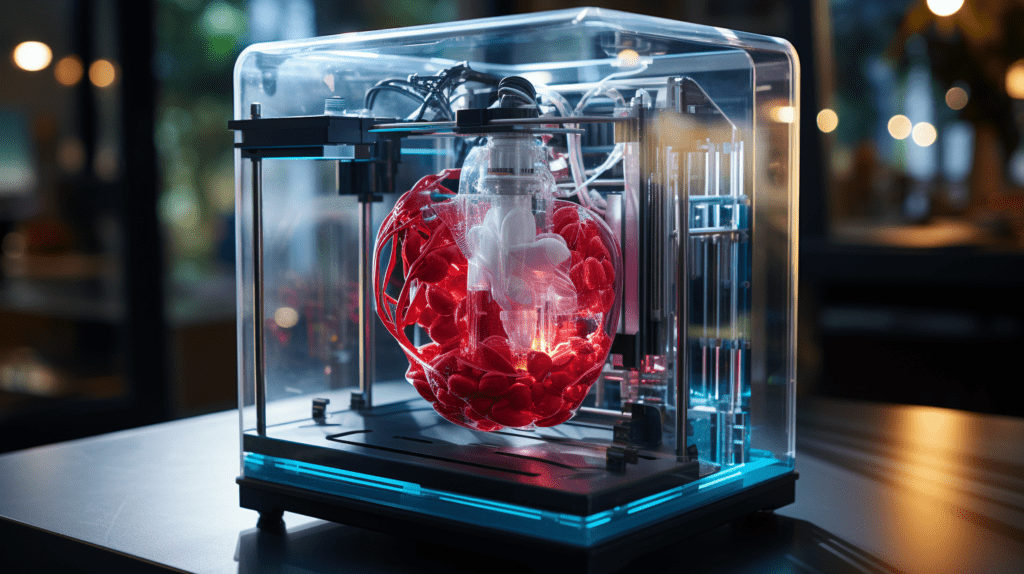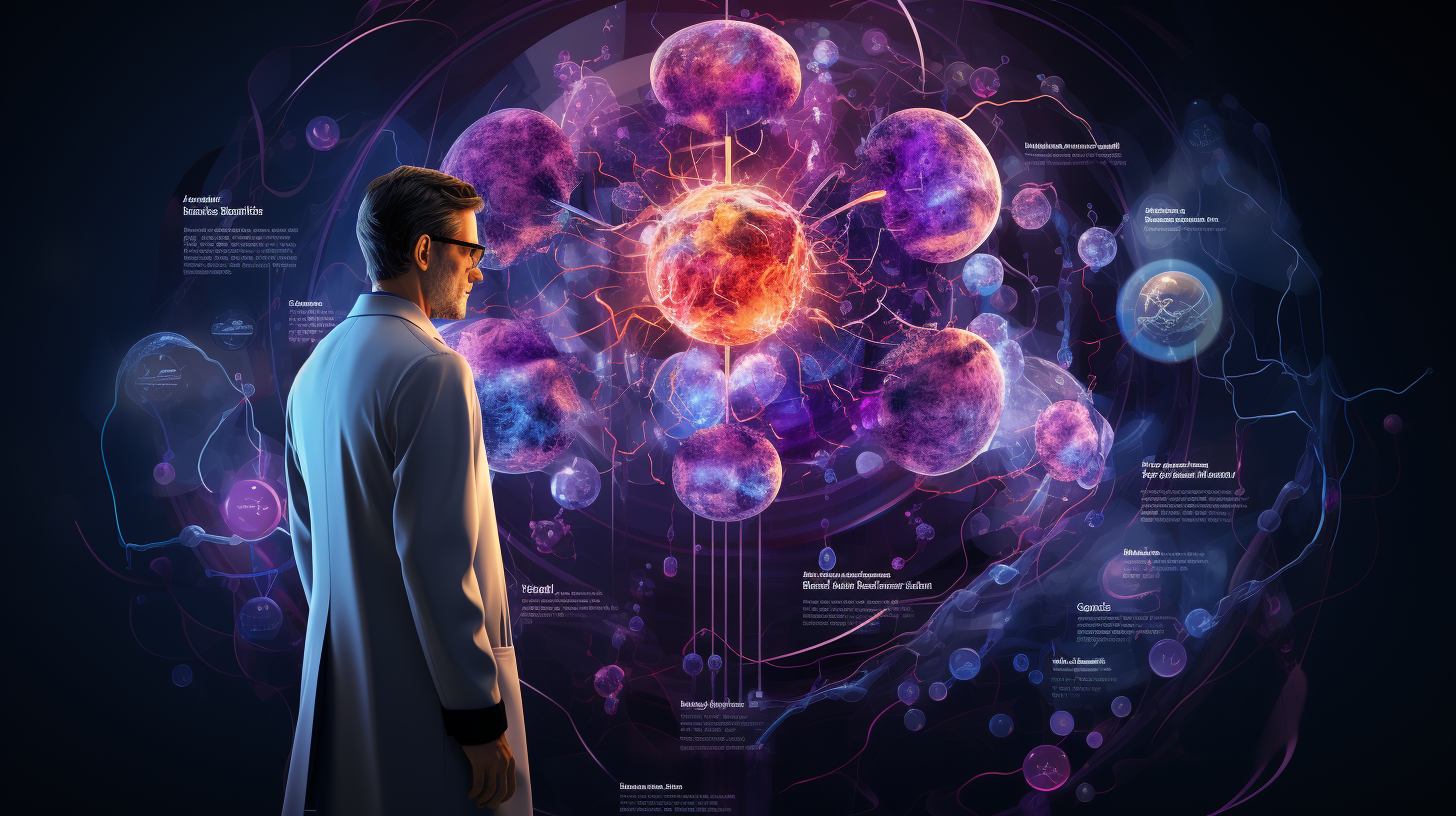In a world driven by technological advancements, the healthcare and lifestyle sectors are experiencing a transformative revolution. From groundbreaking medical discoveries to innovative wearable devices, technology is reshaping how we approach healthcare and enhance our daily lives. In this blog post, we will explore the top 10 tech trends that are driving this transformation, revolutionizing healthcare practices, and shaping the way we live.
1. Telemedicine and Virtual Health
The rise of telemedicine has redefined the patient-doctor relationship. Through virtual consultations, patients can access medical advice and treatment without leaving their homes. This trend has become especially significant in times of global health crises, allowing remote diagnosis and treatment while reducing the risk of exposure to infections. Virtual health platforms offer convenience, accessibility, and personalized care, making healthcare services more efficient and patient-centric.
2. Artificial Intelligence (AI) in Diagnostics
Artificial Intelligence is at the forefront of medical diagnostics, enabling faster and more accurate assessments. AI-powered algorithms can analyze medical images, such as X-rays and MRIs, with incredible precision, assisting healthcare professionals in early disease detection. This technology not only enhances diagnostic accuracy but also speeds up the decision-making process, leading to more effective treatments and improved patient outcomes.
3. Wearable Health Devices
Wearable devices, like smartwatches and fitness trackers, have seamlessly integrated into our lifestyles. Beyond tracking steps and heart rates, these devices now monitor vital signs, sleep patterns, and even detect irregular heartbeats. By continuously collecting data, wearable health devices empower individuals to take proactive control of their health, enabling early detection of potential issues and encouraging healthier habits.
4. Precision Medicine
Precision medicine tailors medical treatment to an individual’s unique genetic makeup, lifestyle, and environment. Advancements in genomics and personalized diagnostics have paved the way for more targeted therapies, reducing adverse effects and increasing treatment success rates. By understanding an individual’s genetic predisposition to certain diseases, healthcare providers can deliver treatments that are specifically designed to work best for that patient.
5. Internet of Medical Things (IoMT)
The Internet of Medical Things refers to the interconnected network of medical devices and applications. From smart insulin pumps to connected pacemakers, IoMT enhances patient monitoring, enabling healthcare professionals to remotely track patient health and adjust treatments as needed. This real-time data exchange improves patient outcomes and reduces hospital readmissions, all while minimizing the burden on healthcare systems.
6. 3D Printing in Healthcare

3D printing technology is revolutionizing the medical field by enabling the creation of customized implants, prosthetics, and even organs. Surgeons can now practice complex procedures on accurate 3D-printed models, enhancing their skills and reducing surgical risks. This trend is not only advancing patient care but also making medical treatments more accessible and affordable.
7. Blockchain for Medical Data Security
Blockchain technology is being employed to secure and manage medical data. It ensures patient privacy, prevents data breaches, and facilitates secure data sharing among healthcare providers. By maintaining a decentralized and tamper-proof ledger of medical records, blockchain enhances data accuracy and streamlines patient care coordination.
8. Virtual Reality (VR) and Augmented Reality (AR) in Rehabilitation
Virtual and augmented reality are making their mark in the field of rehabilitation. These technologies offer immersive experiences that aid patients in their recovery journeys. VR and AR applications are being used to provide physical therapy, cognitive training, and pain management, creating engaging and effective therapies for patients recovering from injuries or surgeries.
9. Robotic Assistance in Surgery
Robotic-assisted surgery combines the precision of machines with the skill of human surgeons. These advanced systems allow for minimally invasive procedures, reducing patient trauma, pain, and recovery time. Surgeons can perform complex operations with enhanced dexterity and precision, leading to improved surgical outcomes and better patient experiences.
10. Health and Wellness Apps
Mobile apps focused on health and wellness have exploded in popularity. These apps offer features such as fitness tracking, meditation, nutrition planning, and mental health support. By promoting healthier habits and providing resources for self-care, these apps contribute to improved overall well-being and preventive healthcare.
Conclusion
The future of healthcare and lifestyle is undeniably intertwined with technology. From telemedicine and AI diagnostics to wearable devices and precision medicine, these top 10 tech trends are shaping the way we access healthcare and lead our lives. As these innovations continue to evolve, they hold the potential to revolutionize patient care, enhance well-being, and ultimately contribute to a healthier and more connected world. Embracing these trends will not only transform the healthcare landscape but also empower individuals to take control of their health journey like never before.






